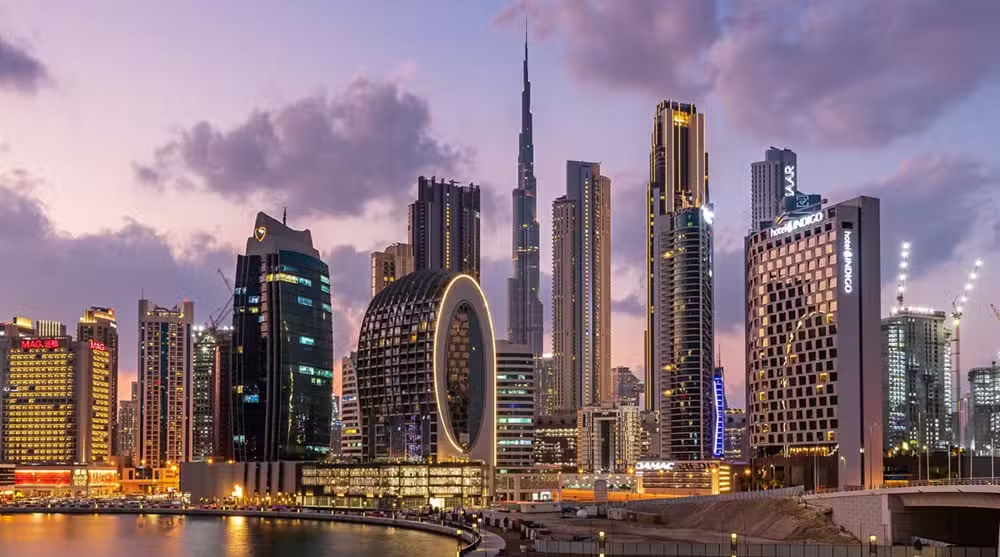ISLAMABAD, March 24: Dubai has recently introduced new regulations that allow companies operating within its free zones to expand their operations beyond these zones, within the broader Dubai mainland.
This change marks a significant shift in the business landscape, providing companies with greater flexibility and access to a larger market, and aligning with Dubai’s goal of enhancing its competitiveness and fostering growth.
Previously, companies in Dubai’s free zones could only operate within their designated zones or internationally, but now, they can operate within the Dubai mainland as well.
However, they will need to obtain the necessary permits from the Dubai Department of Economy and Tourism (DET) to do so.
Adherence to Regulations:
These companies must comply with both federal and local regulations and maintain separate financial records for their operations outside the free zone.
They must also secure additional licenses and permits for activities outside Dubai.
Licensing Process:
DET has the authority to issue a one-year renewable license to companies wishing to establish a branch within Dubai. The license can also be issued for specific activities in the emirate.
This new rule does not apply to financial institutions licensed under the Dubai International Financial Centre (DIFC), as they operate under their own legal and regulatory framework.
Impact on Businesses:
Increased Growth Opportunities:
This new flexibility is seen as a major boost for free zone businesses, which previously had limited access to mainland markets.
Read More: Pakistan Ranks 5th among Top Property Buyers in Dubai
The ability to directly trade with mainland clients could lead to faster expansion, reduced operational costs, and access to a wider customer base.
Attractiveness for Global Investors:
The change is expected to make Dubai’s free zones even more attractive to international investors.
According to business lawyer Kamal Jabbar, the move “removes the walls” for free zone companies, enabling them to expand more freely and tap into a much larger market.
Business Environment and Competitiveness:
Market analysts believe that the resolution will create a more cohesive business environment in Dubai, enhancing its position as a global Foreign Direct Investment (FDI) destination.
The increased flexibility could attract multinational companies, further bolstering Dubai’s competitiveness on the global stage.
Why Are Free Zones Important?
Dubai’s free zones have played a key role in attracting foreign businesses by offering several benefits, including tax advantages, simplified visa processes, and access to networking and resources.
Each of Dubai’s over 30 free zones is typically designed around a specific industry, such as the Dubai Multi Commodities Centre (DMCC) for commodities and services or the Dubai Design District for fashion and design.
These free zones have provided business owners with attractive incentives to establish operations in Dubai, and with the new rules in place, companies can now expand beyond their free zone base without the restrictions previously in place.
Also Read: Living Among World Richest Elite in Dubai A Dream
This is likely to stimulate more business activity and encourage further investment in Dubai.
The decision to allow free zone companies to operate within Dubai mainland is a strategic move that is expected to create significant growth opportunities, both for existing businesses and new investors.
It simplifies expansion, increases market access, and solidifies Dubai’s position as a global business hub.









